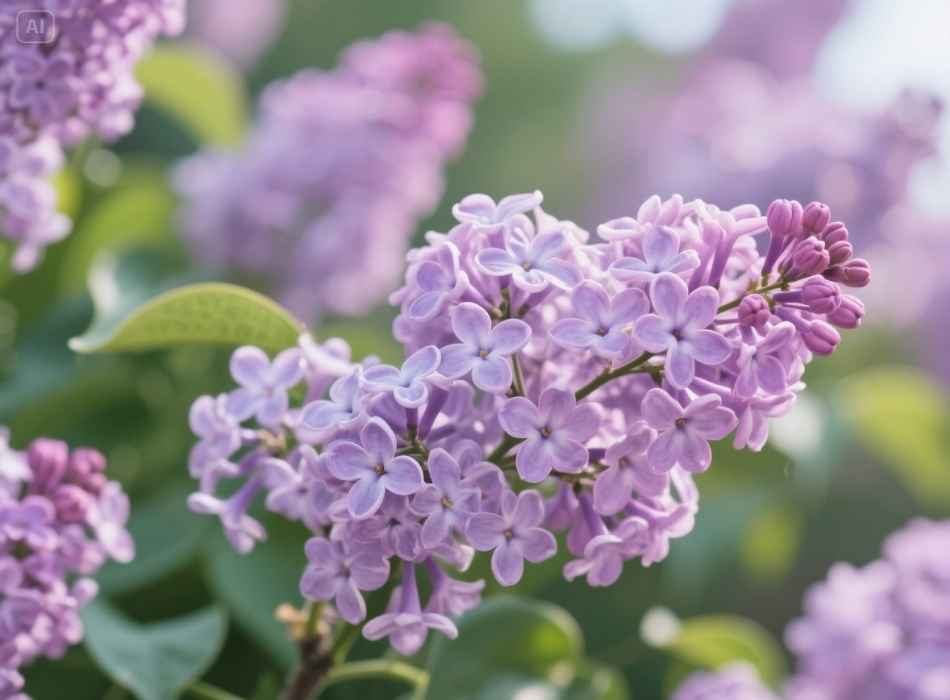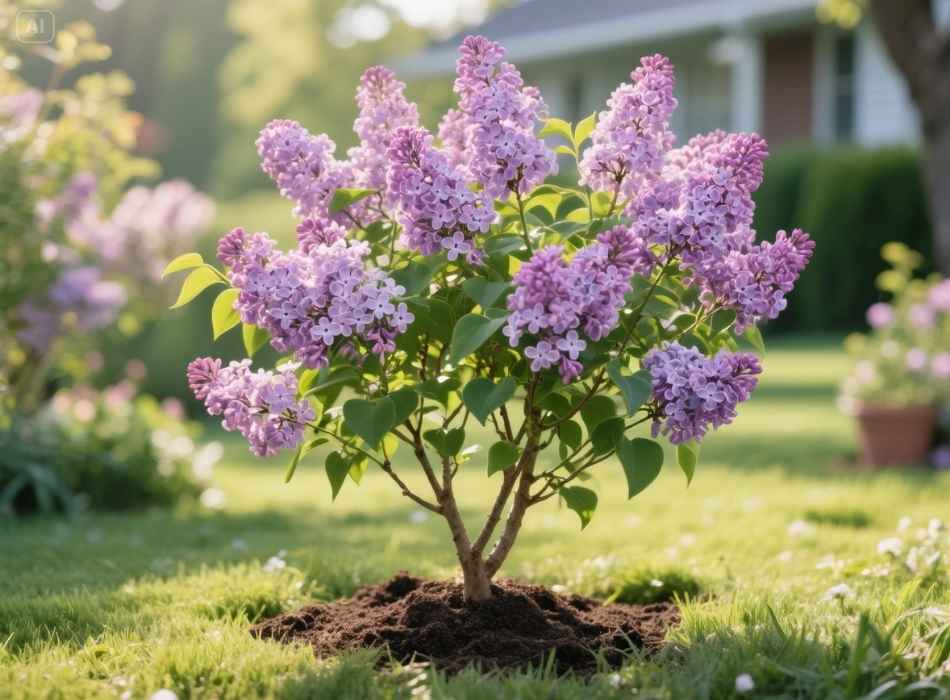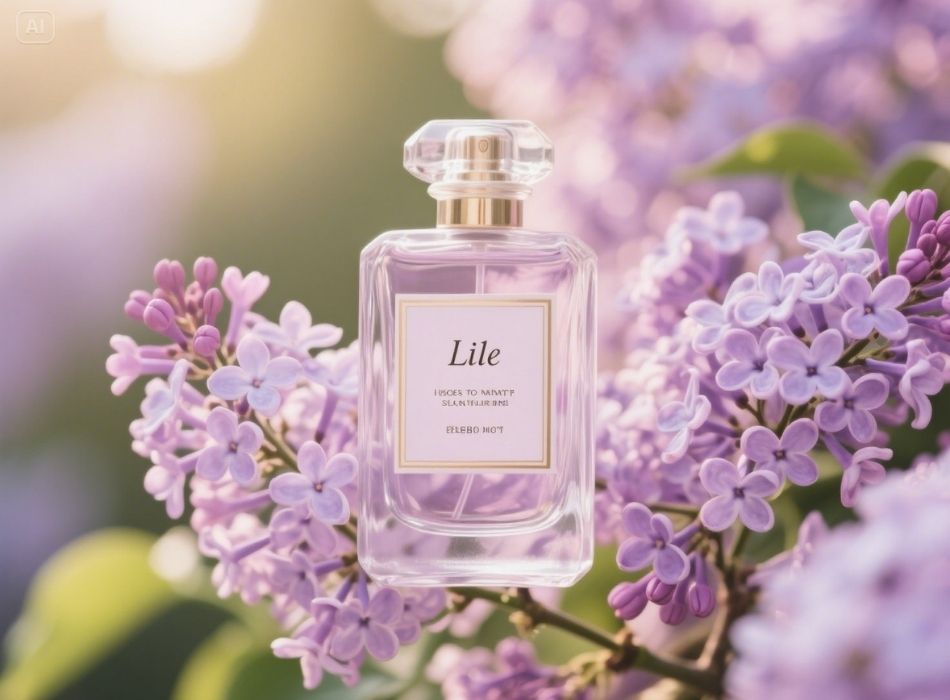The delicate, sweet scent of lilac is more than just the fragrance of a flower; it is steeped in meaning, rich symbolism, and personal memories for many. Whether adorning spring gardens or wafting through the air as a perfume, the lilac’s scent evokes emotions, connections, and stories spanning centuries.
But why is lilac so special? And what does its scent really signify?
This blog will explore the meanings behind the scent of lilac, its cultural and symbolic importance, and the reasons why it continues to captivate us today. By the end, you’ll understand how lilac’s fragrance goes beyond physical beauty, becoming something far more meaningful.
The Essence of Lilac’s Scent
The lilac’s fragrance is a unique blend of floral sweetness, freshness, and subtle, powdery notes. For this reason, it has long been cherished for its ability to evoke emotions and memories. However, to understand its meaning, we first need to recognize its cultural and emotional context.
A Brief Introduction to Lilacs
Lilacs are small, flowering shrubs belonging to the Syringa genus. Native to Eastern Europe and Asia, the fragrant blossoms of lilac have become a symbol of spring, as they’re among the earliest plants to bloom. Their scent, which fills the air in late spring, is often associated with new beginnings and the end of long winters.
Scientifically, this fragrance comes from volatile organic compounds (VOCs) released by the flowers. These compounds work together to create lilac’s characteristic scent, which is described as both calming and uplifting.
What Does the Scent of Lilac Symbolize?

Throughout history, cultures have imbued the lilac’s scent with powerful meanings.
A Symbol of Love and Innocence
Lavender lilacs, the most common variety, often symbolize first love and innocence. Their scent is sweet and youthful, reminiscent of life’s fresh beginnings. For this reason, lilacs frequently appear in literature and poetry as a symbol of budding romance.
Renewal and New Beginnings
Because lilacs are among the first flowers to bloom each spring, their fragrance signifies renewal and rebirth. After harsh winters, the scent of lilac reminds us that warmth, growth, and opportunity are just around the corner.
Nostalgia and Memory
The lilac’s scent is also deeply tied to memory. Many associate its fragrance with childhood, family gardens, or long walks in nature. Interestingly, studies suggest that smells evoke memories more vividly than other senses. This is because the brain’s olfactory bulb, which processes smell, is closely linked to the amygdala (emotion) and hippocampus (memory). For many, inhaling the scent of lilacs can instantly transport them to a certain moment in time.
Lilac in Cultural Context

Despite its universal appeal, lilac’s significance can vary between cultures. Let’s explore what this fragrance has meant to different societies over the years.
European Traditions and Victorian Romance
Lilacs have long been used to express feelings that words couldn’t capture. During the Victorian era, when the “language of flowers” was at its peak, giving someone lilacs often conveyed complex emotions. Their fragrance became synonymous with youthful innocence or bittersweet goodbye, depending on the context.
Victorian brides often incorporated lilacs in their bouquets, symbolizing the purity and optimism of their new life chapter.
The Mystical Orient
Lilac trees, particularly in Asian culture, are revered for their beauty, resilience, and sweet scent. They’re often planted in temples or meditation gardens to symbolize peace and spiritual awakening. Inhaling lilac’s aroma during meditation is believed to cleanse the mind and soul.
Why Lilac’s Scent Still Captivates

You don’t have to go searching for literary or cultural references to see the impact of lilac today. Its scent continues to shape perfumes, skincare products, and even aromatherapy candles. Why?
A Fragrance Unlike Any Other
Lilac’s fragrance is a complex harmony of florals and greens, subtle yet captivating in its simplicity. Its ability to evoke mixed emotions—from joy and nostalgia to calm and serenity—is hard to match.
A Nod to Natural Beauty
Lilac’s scent resonates today partially because people long for simpler, more natural experiences. Amid the noise of modern life, the fragrance of lilac feels like a return to something pure and unchanging.
How to Enjoy the Scent of Lilac
If you want to relive this fragrant experience, there are many ways to bring lilac into your life.

Grow Your Lilacs
Consider planting lilacs in your garden or yard. They thrive in well-drained soil and areas that receive plenty of sunlight. Not only will you enjoy their visual beauty, but you’ll also be able to smell their intoxicating scent during the blooming season.
Incorporate Lilac in Your Daily Life
- Essential Oils and Candles: Find lilac-scented products to infuse your home with its calming aroma.
- Perfumes: Opt for fragrances that feature lilac as a top note for a fresh, floral scent.
- Bath & Skincare: Look for soaps and lotions containing lilac extracts to enjoy their fragrance throughout the day.
Meditation and Mindfulness
Use lilac scents as part of a mindfulness or meditation routine. Burn lilac-scented candles or diffuse lilac essential oils to promote relaxation and emotional clarity.
The Timeless Appeal of Lilac’s Scent
The scent of lilac is much more than floral sweetness; it’s a vessel of emotions, memories, and cultural richness. Whether symbolizing first love, the promise of spring, or nostalgic reflection, its fragrance connects us to both nature and ourselves in profound ways.
Like the fleeting blooms themselves, the presence of lilac reminds us to appreciate beauty in the moment and cherish the memories our senses bring alive.











